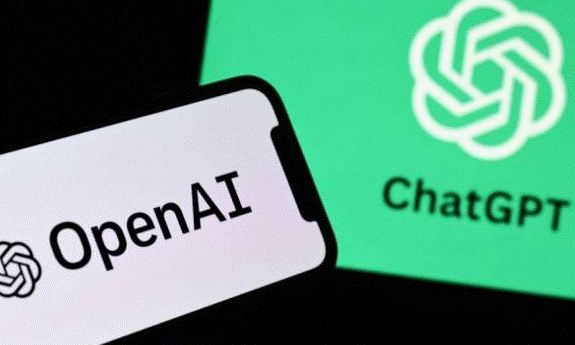Live
- Harnessing power of technology crucial to driving inclusive growth in India: Jeet Adani
- Bringing About Change in Enterprise Technology: Narendra Fadnavis
- Kapil Sharma reacts on allegations of insulting Atlee
- Stock Market Crash Analysis: Top Reasons Behind Sensex's 1,064-Point Drop, Nifty50 Dips Below 24,350
- ADB to provide Rs 1,527-crore aid for Nagpur Metro Phase-II
- RS debate: Amit Shah attacks Cong over ‘blank’ Constitution, 50 pc quota pledge and more
- Nigerian Drug Peddler Arrested in Mangaluru with Cocaine Worth Rs 11.25 Lakh
- Mrunal Thakur and Adivi Sesh Team Up for Action-Packed Drama 'Dacoit'
- Mumbai’s CSMIA records 4.77 million flyers, double-digit surge in cargo volumes in November
- Yuva Kabaddi Series: Intense Day 4 ends with back-to-back nail-biters that ended in tie









